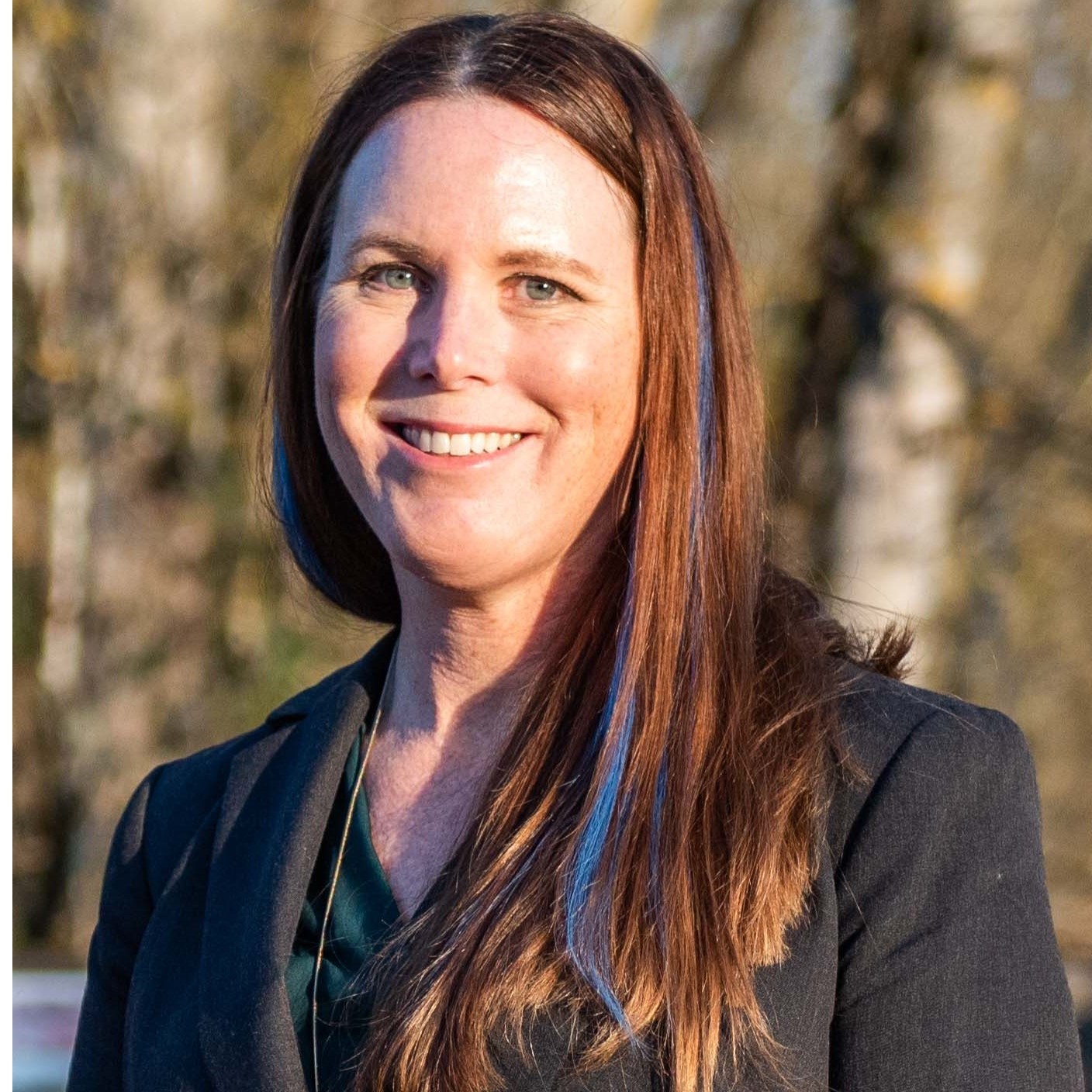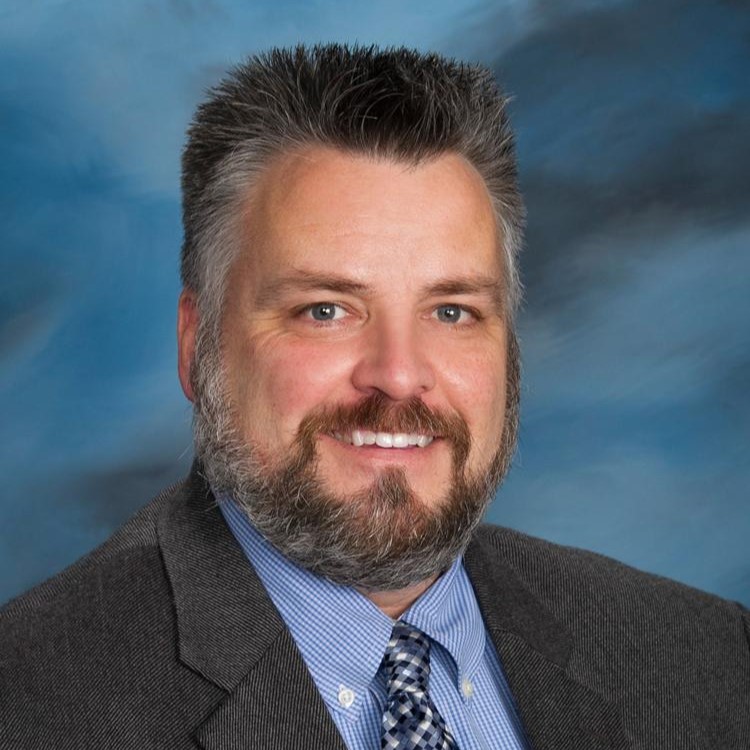- About Us
- Events & Training
- Professional Development
- Sponsorship
- Get Involved
- Resources
How to Talk Climate Change in Conservative CommunitiesSession 6A | Thursday | 2:45 PM – 4:00 PM (PT)
Tips and takeaways for talking about climate change when working in a conservative community. Find out how a small town full of conservative skeptics took steps towards climate action when the elected officials considered it "junk science". In this session, you will learn how to frame your discussions in order to move the needle and make progress on development of climate elements---irrespective of your starting point.
None.
 Sarah J. Fox, AICP Sarah J. Fox, AICPWA Department of Commerce Sarah Fox is the Climate & Ecosystem Section Manager for the Growth Management Services unit at the Washington State Department of Commerce. Sarah is leading the implementation of the new climate element, which includes the creation of planning guidance, grants, review of submitted elements, and rulemaking. She is co-chairing the Climate Communications Work Group on EPA's Local Government Advisory Commission. Sarah has expertise in policy development, current development review, and long-range planning that she gained from 18 years as a local agency planner. She earned a Master's degree in Urban and Regional Planning from Portland State University and is a certified planner (AICP). She is currently serving as a Council Member for the City of Vancouver and is a U.S. Army veteran.
 Travis Goddard Travis GoddardCity of Woodland The director at the City of Woodland, Travis has nine years of experience as a director and 28 years as a planner in Washington, Oregon, and Alaska. With degrees from Western Washington University in Environmental Policy & Impact Assessment, and Urban & Regional Planning, Travis has spent his last 10 years working in small communities convincing largely conservative elected officials that good planning is not a partisan effort. After participating in Commerce's Climate Change Pilot Project, he managed to get unanimous adoption of a climate change element for the City of Woodland by focusing on local problems and making climate impacts relatable on a local scale.
|

